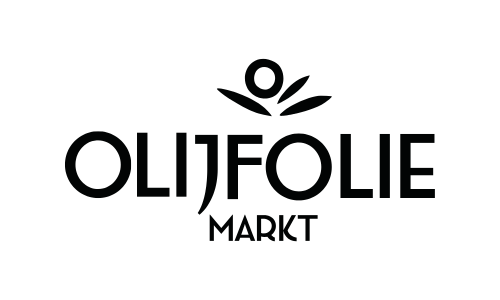
Is organic olive oil better?
Organic Olive Oil: The Added Value of the European Organic Label
The popularity of organic products is growing rapidly, and olive oil is no exception. But does organic olive oil justify its often higher price? And what exactly does that green organic label mean?
What Makes Olive Oil Organic?
Organic olive oil must comply with strict European regulations. This means:
In the Olive Grove:
- No synthetic pesticides or fertilizers
- Natural pest and weed control
- Minimum 3 years of transition before certification is possible
- Biodiversity is actively protected
During Production:
- No chemical additives
- Strict separation of organic and conventional products
- Regular checks by independent bodies
The Benefits of Organic Olive Oil
For your health: No pesticide residues means a purer product. While conventional olive oil generally also has low pesticide residues, organic offers additional assurance.
For the Taste: Many enthusiasts claim that organic olive oil has a more intense and complex flavor. This is due to the natural cultivation methods that encourage the olive tree to develop more flavor compounds.
For the Environment:
- Protection of soil quality
- Promotion of biodiversity
- Reduced pollution of groundwater and surface water
- Sustainable agricultural practices
The Price Difference Explained
Organic olive oil costs an average of 20-40% more than conventional olive oil. This is due to:
- Lower yields per hectare
- More labor-intensive cultivation
- More expensive natural pesticides
- Certification costs
- Smaller economies of scale
European Organic Label vs. Other Certifications
The green EU organic logo is your guarantee for:
- At least 95% organic ingredients
- Strict controls and regulations
- Traceability from farmer to consumer
- Uniform standards throughout Europe
Other certifications such as Demeter (biodynamic) have even stricter requirements, but are less widespread.
Who is Organic Olive Oil Worth It?
Definitely recommended if you:
- Used a lot of olive oil (daily)
- Values environmentally friendly production
- The purest taste experience is sought
- Are sensitive to chemical residues
Less crucial if you:
- Olive oil mainly used for baking/frying
- Are you an occasional user?
- Budget is an important factor
Recognize Quality Features
The same quality criteria apply to organic olive oil:
- Extra virgin classification
- Cold pressing
- Low acidity
- Fresh harvest date
- Dark packaging
The Future of Organic Olive Oil
The organic sector is growing by 10-15% annually. More producers are switching over, which increases availability and can lower prices. At the same time, quality standards are constantly rising.
Discover our select range of organic extra virgin olive oil at Olijfoliemarkt.nl – where sustainability and quality go hand in hand.
